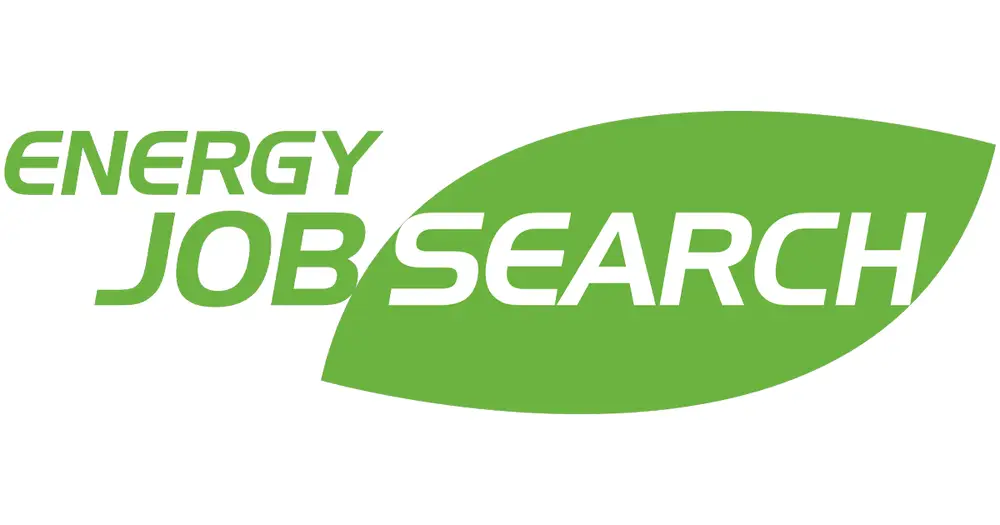How to get a job on an oil rig? And, more importantly, is it worth the effort? Oil rig jobs can offer a high pay rate, benefits, and a way into the energy industry without previous experience. For those willing to work long, demanding hours, many companies offer on-the-job training and a chance to get experience in later specialized fields.
If you are wondering how to get a job on an oil rig, the key is knowledge. As you’re working on your resume, learn what the industry requires, what qualifications can help you stand out, and what life looks like once you’re working on an oil rig.
Working on an Oil Rig
Drilling happens on a land-based drilling rig or an offshore drilling platform. Both extract and process petroleum and natural gas from beneath the surface.
Onshore rigs are singles, doubles, or triples. The number corresponds to the number of pipes that can stand in the rig’s derrick. Having multiple pipes allows one to be worked on while the other is drilling.
Offshore rigs or drilling platforms drill in different depths of water. From shallowest to deepest are barge rigs, submersible rigs, jack-up rigs, platform rigs (fixed or compliant towers), and fixed platforms.
Common Jobs on Oil Rigs
There are several positions on an oil rig with various experience requirements. Many entry-level oil rig jobs are available to workers with a high school diploma and little to no oil industry experience.
- Galley hand: An entry-level position that assists the cooks in running the kitchen. These tasks include cooking and serving food, washing dishes, and other kitchen duties. This position may be available to applicants who don’t have a high school diploma.
- Roustabout: an entry-level manual labor position without specialized skills. Roustabouts perform basic duties such as looking after equipment, unloading supplies, and assisting specialized crew members with their work.
- Leasehand: one of the entry-level positions along with roustabout that perform maintenance and general labor. Not every oil rig has leasehands, and those that don’t start their crew with the floorhand position.
- Floorhand/Roughneck: Working closely with roustabouts, floor hands perform very hard and demanding manual labor.
Also called roughnecks, they assist other crew members with set-up, take-down, and maintenance. They work with the driller to break and make conditions as the drill pipe moves.
- Welder: Oil or rig welders work on oil rigs, assembling metal plates and structures on a rig. They may be hired to learn on the job or start with a welding course. There are jobs for welders with no oil rig experience.
Qualifications Required for Oil Rig Jobs
The qualifications required for oil rig jobs will vary depending on the company that’s hiring. Some may require formal education, while others will look at how you work with others and offer on-the-job training.
All of them will require a worker who can travel and work in remote places for extended periods of time and similar soft skills and certifications.
People who are looking for how to get a job on an oil rig need to be a minimum of 18 years old.
Essential skills
- Speaking and writing fluently in English or French
- Problem-solving skills
- Teamwork skills
- Physical stamina
- Adaptability
Certifications and Basic Training
- CPR and First Aid
- Hazardous Materials Handling (Hazmat)
- Basic Offshore Safety Induction and Emergency Training (BOSIET)
Physical Fitness Requirements
Due to the nature of the work, many oil and gas companies require all employees to pass a Physical Activity Readiness Fitness Test and disclose any medical issues before being hired.
Always defer to the company’s policies, but the fitness test generally allows a worker to demonstrate they are fit enough for work on an oil rig. The fitness test can vary, but at minimum, it often includes a two-mile walk with a 25-lb pack completed in less than 30 minutes.
The worker must be able to lift a minimum of 50 lbs, have a strong back that allows them to work 12-hour shifts, and have no other medical issues that would interfere with their employment offer.
How to Apply for Oil Rig Jobs With No Experience
How to get a job on an oil rig if you have no experience at all? Is it possible? The answer is “yes,” but it is always good to highlight any related experience in your resume. While many offshore oil rigs have job openings that don’t require experience, showing that you have worked in a similar environment can help you land a job.
“Obtaining an oil job with no experience can lead to a full career in the oil and gas industry.“
Working for an onshore drilling rig before applying to an offshore platform can give you experience and certification to add to your application.
Where to Look for Oil Rig Jobs
Many oil and gas companies want referrals from educational institutions and other drilling rigs. Once a drilling rig has employed you, finding another opportunity in the industry is usually easier.
For those coming to the industry for the first time, online job search websites such as EnergyJobSearch list opportunities for entry-level positions.
Creating a Strong Application
- Create a resume tailored to the oil and gas industry that is simple and factual.
- Include up-to-date contact information
- State your educational background and any certifications you have earned
- Feature any experience you have in the oil and gas industry, or that has skills that can be beneficial on an oil rig.
- Mention your accomplishments from previous jobs and how they relate to the job you’re applying for.
Tips for the Interview Process
- Prepare answers ahead of time, either by yourself or with a partner.
- Learn a few facts about the company and the role you’re applying for.
- Expect to answer questions related to safety, emergency procedures, and your experiences working as part of a team.
- Have your questions ready to ask the interviewer. Asking questions shows preparation and genuine interest in the company.
Advantages of Working on an Oil Rig
Working on an oil rig can be physically demanding and stressful, as it requires employees to be away from home for long periods of time.
However, oil rig jobs have many advantages over other oil and gas positions.
- Extended time off thanks to rotation schedule
- High pay and benefits
- Career advancement opportunities
- Hands-on, practical work environment
- Opportunity for international work experience
Life on an Oil Rig
Life on an oil rig will vary depending on where the rig is located. Onshore drilling rigs don’t have the same dangerous conditions related to weather or isolation that offshore drilling platforms do.
Work and Life Balance
An offshore oil rig is a floating city on the ocean. Everything needed to live and work offshore has to be stored on the platform or brought in during resupply operations.
As drilling rigs operate twenty-four hours a day, shifts are rotated with a mixture of day and night shifts and no downtime.
Offshore workers often stay on the platform for 28-day tours or schedules and then are given leave to go home for 28 days. Typical tours for onshore rigs are called ‘14 and 14,’ which stands for fourteen days working and fourteen days off.
Living Conditions on an Oil Rig
The first day on an offshore oil rig involves arriving by helicopter, and both offshore and onshore require workers to participate in pre-tour and safety meetings.
Onshore workers may live at home near where the rig is stationed and commute or the company may put them up at local accommodations like a hotel and provide a room and board allowance if the rig is in a remote location.
“Working on an oil rig, either onshore or offshore, can be a rewarding experience.“
Offshore workers live on the platform in small quarters similar to dorms, often with shared bathrooms and a shared galley (kitchen). Many drilling rigs offer an onboard gym, laundry facilities, and entertainment options.
Challenges and Rewards
While some challenges are location-specific, onshore and offshore drilling workers will face long shifts, isolation, and a physically demanding job.
In addition to the advantages stated earlier in this article, oil rig jobs offer many career opportunities for entry-level workers, the chance to form long-lasting friendships and a place to learn and develop new skills that can be transferred to other industries. That is, if you are currently looking for to how to get a job on an oil rig, having in mind potential future rewards is a “must!”
Future Careers in the Oil Rig Industry
Obtaining an oil job with no experience can lead to a full career in the oil and gas industry.
Companies often prefer to hire and promote from within, so a worker could be hired as a roustabout, which leads to a position as a driller or other position that requires experience, and work up to become a rig manager or drilling superintendent.
Other Jobs in Oil and Gas
After being hired for an oil job without experience, many workers look for other oil and gas industry opportunities that don’t require such long and demanding shifts.
Oil rigs provide skills that can be used to apply for jobs to drive tankers, work in water treatment plants, or become certified in a trade such as electrician or plumber.
Conclusion
Working on an oil rig, either onshore or offshore, can be a rewarding experience that can lead to new long-term friendships and give you time to spend with family and friends.
If the lifestyle sounds appealing and you’re willing to work hard, consider dipping your toe into the world of oil rig life.








